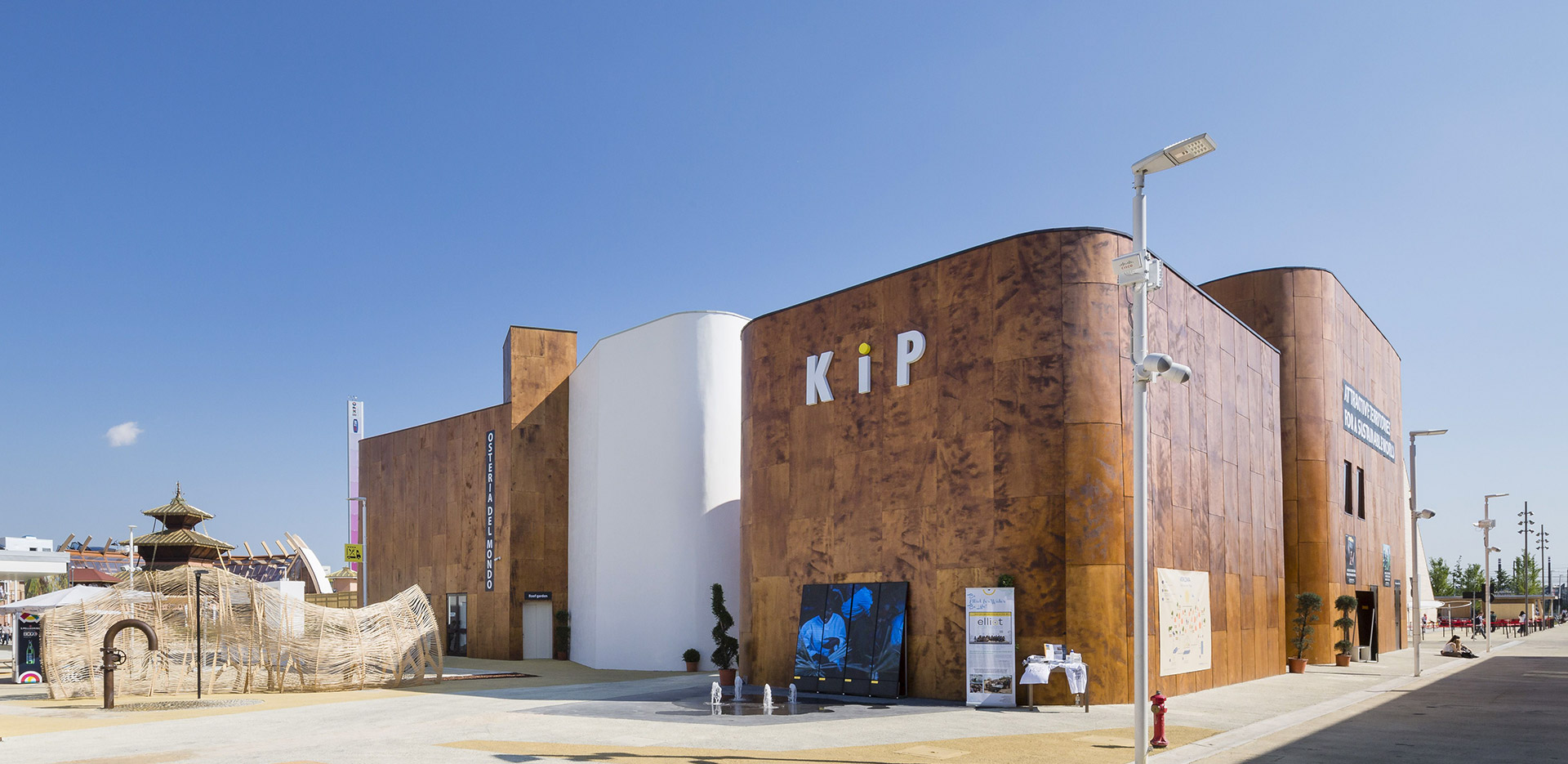Projects

MILAN EXPO 2015
ILS LEDA, as part of the KIP International School (KIP), with the role of providing technical assistance and training on Local Economic Development in the KIP’s initiatives and programs, participated to organize and implement the activities of the KIP pavilion at the EXPO Milan 2015, named “Attractive Territories for a Sustainable World”. In the Pavilion at Expo 2015, more than 50 excellent local development experiences carried out in over thirty countries have been presented one after another. All of them have demonstrated that the production and consumption of food based on the respect and promotion of local natural resources and cultural heritage can become the axis of sustainable and quality development. Among them the experiences of the Local Economic Development Agencies of the ILS LEDA network had great evidence.
An ILS LEDA interactive screen, introduced by the picture of the “ILS LEDA Feeding Tree”, was showed during all the six month.
The ILS LEDA videos have been projected on wall monitors during all the six months. The ILS LEDA interactive screen included: • The ILS LEDA services • The Knowledge seeds • The EXPO Program • A game • The ILS LEDA recipes • The ILS LEDA Tales • The LEDA Concept • Information about LEDAs.
A key initiative was the exposition in the KIP pavilion For 2 weeks the LEDAs of Vlora (Albania), Kerala (India), Kraguyevac (Serbia), and representatives of 11 LEDAs from Colombia, through their national network REDADELCO, presented their typical products, activities, and results in one of the building of the KIP pavilion.
At the end of the 2 weeks the conference: “100 Good Practices from the Territories for a Better World: the Local Economic Development Agencies” was organized. More than 100 people coming from Albania, Argentina, Belgium, China, Colombia, Dominican Republic, El Salvador, Germany, Haiti, India, Italy, Lebanon, Mali, Poland, Senegal, Serbia, Spain, and Switzerland participated to the event. They represented mainly national governments and institutions, local administrations, United Nations agencies, international organizations, networks of European territorial economic development agencies and similar structures, entrepreneurs and farmers associations, financial institutions, universities, NGOs, and enterprises. The workshop was the occasion of introducing the LEDAs best practices for a more sustainable planet, and for facilitating partnerships (through 10 special sessions) potential international institutions, and programs.
32 LEDAS coming from Albania, Argentina, Colombia, Dominican Republic, Ecuador, El Salvador, Haiti, India, Italy, Lebanon, Senegal, Serbia introduced themselves and their results. They met, during special sessions, WHAF (World Heritage Agriculture Foundation), linked to FAO, the UNESCO MAB (Men and Biosphere) program, OIT, EURADA (European Association of Regional Development Agencies), EBN (European Business Centers network), the Bocconi Impact Investing Laboratory, the European Bio-district network, INNER (International Network of the Eco-Region), the Spanish Association of the Local Action Groups, the Universities of Florence and Parma, and some interesting new technologies for safeguarding the environment. A panel with the governments of Italy (Italian cooperation Technical Unit in Dakar), Senegal (Ministry of women, family and childhood), Mali (Ministry of Commerce), and Serbia (Ministry of Tourism), followed, and it highlighted the importance of the LEDAs for implementing national policies and program at decentralized level.
100 good practices were presented to the events from 31 LEDAs and they regarded topics such as governance (18), food (30), environment (20), social inclusion and job creation (10), gender (7), finance (7), and innovative technologies (7). They were gathered in a special booklet, that includes also brief information about the LEDA participated to the workshop.
